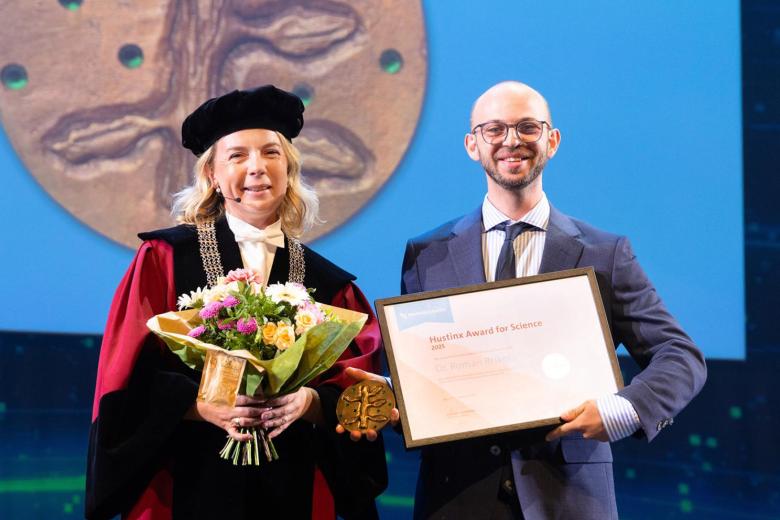Encouraging labor market mobility among job seekers can be counterproductive
Many governments offer financial support to unemployed job seekers with the aim of increasing their willingness to look for work outside their local labor market. Research by Maastricht University shows that this sometimes does more harm than good. "Policies that encourage looking outside one's search area are overvalued. In the end, few seekers accept a job far outside their own region. It's actually a waste of time and money," said Steffen Künn, associate professor at Maastricht University's School of Business and Economics.
Mobility programs
Regional employment disparities are the cause of a wide range of policy interventions. By reducing workers' mobility costs, such policies can reduce geographic mismatch, offset adverse shocks to local labor demand, and thereby improve overall welfare. But despite this attractive prospect and the widespread use of such policies, until now there had been no scientific evidence of their intended effect.
Waste of time
"Indeed, our research shows that job seekers do indeed respond and start searching and applying for distant jobs," Künn said. "But what it also shows is that this ultimately leads to lower employment and income. This is because many unemployed job seekers never accept a remote job, and so the remote job search is somehow a waste of time that would be better invested in local search."
Other policies
So what should/could policymakers do to rectify this? "Policymakers should stop offering such programs to all unemployed job seekers. Instead, they should focus more on job seekers who are actually able to find work and willing to accept work in a distant region. In addition, policymakers could improve remote job search assistance, since the research shows that local employment agents at temp agencies seem to be limited in their ability to support job seekers seeking employment in a distant labor market," Künn concludes.
Also read
-
EU grant to co-create pioneering research in ethical AI for healthcare
Prof. Dr. Dominik Mahr and Prof. Dr. Gaby Odekerken-Schröder from the School of Business and Economics (SBE) are part of a consortium that has been awarded a €2.3 million Marie Skłodowska-Curie Actions training network grant for their project JustHealth.
This project aims to create a decolonised...

-
Prof. Dr. Wim Gijselaers receives prestigious AERA Distinguished Career Award
Prof. Dr. Wim Gijselaers has received the Distinguished Career Award from AERA Division I, recognising his pioneering research, mentorship and decades of leadership in education in the professions.

-
Research on AI in the workplace: Dr. Roman Briker wins Hustinx Science Award
The School of Business and Economics is proud to share that Dr. Roman Briker, Assistant Professor of Organisational Behaviour, has been awarded the 2025 Hustinx Science Award.
